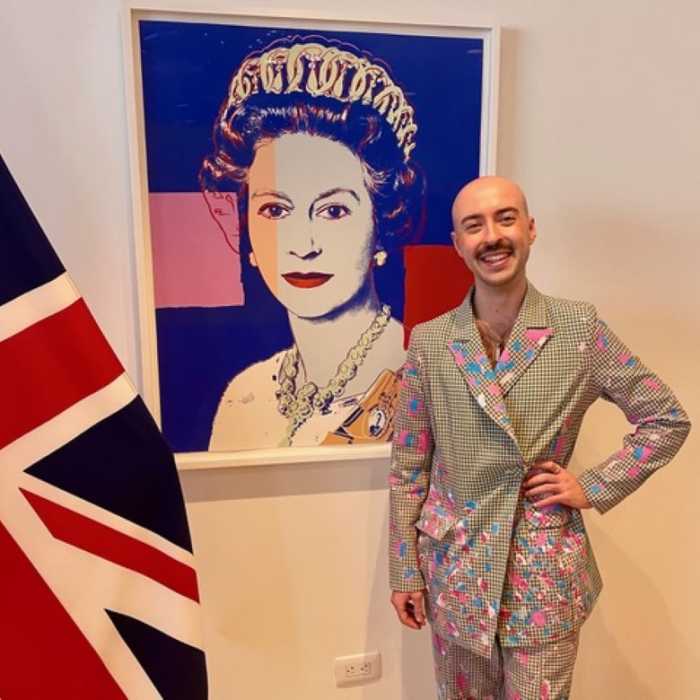A brutal portrait of a beloved icon, crooning and clawing till the bitter end
BY DAVID KENNERLEY | Perusing a list of current Broadway shows, the uninitiated might surmise that “End of the Rainbow,” which just opened at the Belasco Theatre, is a frothy comedy packed with frolicking leprechauns and oodles of gold — or similarly upbeat equivalents.
Knowing the subject is Judy Garland, however, you should expect quite the opposite. For this “End of the Rainbow,” as crafted by Peter Quilter and directed by Terry Johnson (“La Cage Aux Folles”), means “end of the line.” It’s an unblinking and unflattering portrait of a cherished icon on the skids. Any rainbow moments are forced and ephemeral at best.
Welcome to “Celebrity Rehab,” Broadway-style.
Set mostly in Judy’s London Ritz Hotel suite in December 1968, this drama with music finds the 46-year-old legend trying to muster yet another comeback, sans the pills and booze that had previously derailed her career. At first, her young fiancé-manager, Mickey Deans (Tom Pelphrey), soon to be husband #5, is bent on keeping her clean, but he’s got weaknesses of his own. Anthony (a low-key Michael Cumpsty), her lonely, homosexual piano player, in kind-hearted “Dr. Drew” mode, tries to counsel and rescue her. All to no avail.
As everybody knows, Judy just wants to be loved for herself, yet her hunger for approval is so voracious that one man simply can’t satisfy her. Plus, she can’t shake her demons. We witness blistering scenes of the crazed diva begging, wailing, hurling a fruit-bowl, binging, and writhing on the floor. We cringe at the ugly battles over Ritalin and Stolichnaya. And yes, there is puking.
As luck would have it, there is a scrap of gold in store for theatergoers in the form of the ultra-talented Tracie Bennett, who originated the role in the West End. Just like Judy, she rises above the cliché-riddled material and delivers a calibrated, dynamite performance. More interpretation than impersonation (we’ve seen drag performers who’ve come closer), she captures Judy’s soul as well as her familiar, breathlessly mannered stage moves. It’s a fiercely physical turn; the faded star’s torment is acutely palpable.
Naturally, it’s the musical numbers that give “End of the Rainbow” its substance. The formidable Bennett powers through such classics (or fragments of them) as “Just in Time,” “For Me and My Gal,” and “The Trolley Song.” As exhilarating as the London nightclub numbers are, it’s the songs out of the spotlight, integrated into the story, that truly connect, such as “The Man that Got Away.”
Secondary roles, including a chagrined BBC radio host, are turned out nicely by Jay Russell.
Tonally, the bio-drama is all over the place. Much of the first act plays like a tepid drawing-room farce (underscored by William Dudley’s garish, rococo-style hotel room set). The melodramatic second act lays on the pathos with a spatula. To be fair, Bennett’s Judy reels off some pretty good zingers, even if they’re sometimes misplaced. Fumbling through a rehearsal, she says, “I’ll skip this next lyric — they’ll be applauding.”
In just six months, one of the world’s biggest stars would be found dead of an unintentional Seconal overdose. A poster diva for the misunderstood and maligned, Judy became such a gay idol that some have suggested her sudden death fanned the flames of outrage at the Stonewall riots. She refers to gay men as “the queens,” declaring with disconcertingly little affection, “To them, I’m a Goddess. I could throw up in their laps and I’d still be glamorous.”
The course of events, as brutally portrayed onstage, is beyond tragic, recalling similar fates of celebrities like Michael Jackson and Whitney Houston, who somehow let fame and substance abuse get the better of them.
If you’re addicted to all things Judy and willing to wallow in the mire of her failures without gaining any new insights — or if you’re addicted to those shameless warts-and-all “celebreality” shows — then “End of the Rainbow” is for you.

































